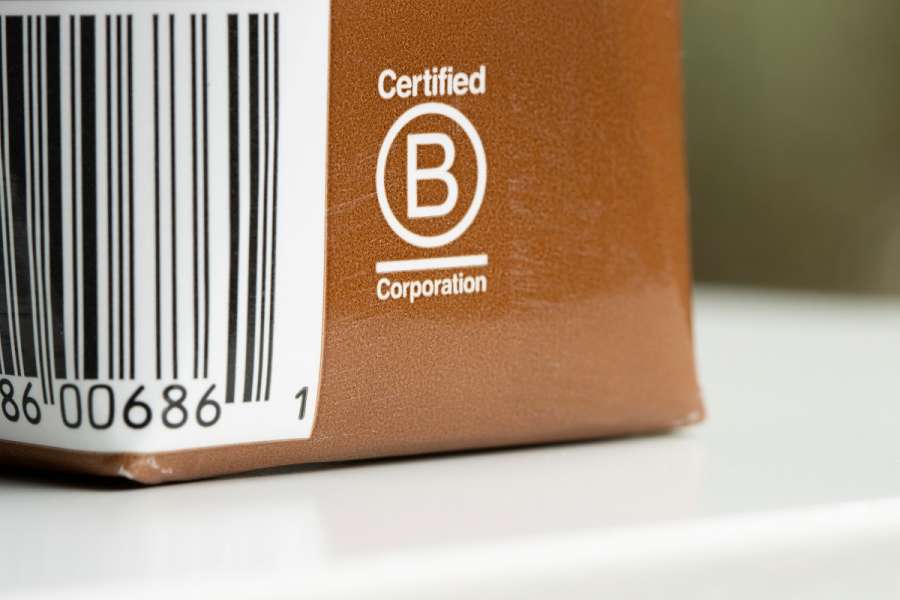The Importance of Traditional Relationships
Central to any business are its relationships with customers, suppliers, employees, and investors.
The day-to-day running, operations, and overall management pivot around these relationships and as such, these relationships have always been at the forefront of due diligence during acquisitions and investments.
Should any underlying issues come to light, there may be ramifications to the transaction, such as the inclusion of indemnity protection, recalculation of the purchase price, or the acquisition or investment could fall through entirely.







